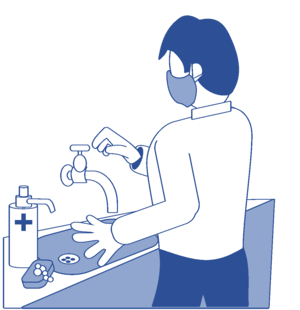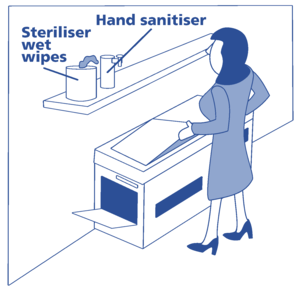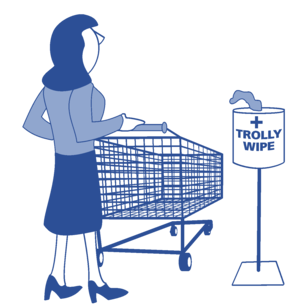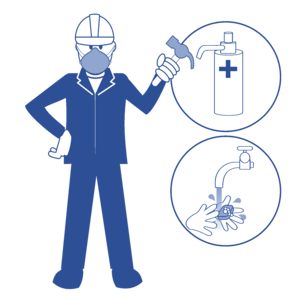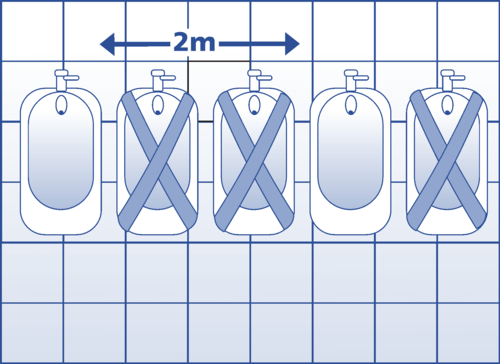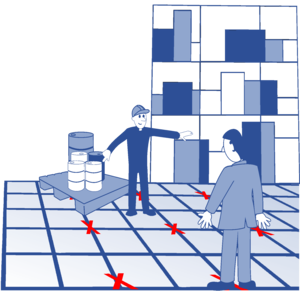4. A strange one - but some people have been denying access to a Local Authority Inspector, an HSE Inspector or an Environmental Health Officer. By law you must give them access and it will go badly for you if you do deny them access.
How will the new rules of the 22 September announcement be enforced? The government has stated that local authorities will receive extra funding to increase police presence to enforce the new rules.
Rules enforcement
So it is almost certain that all businesses will receive a visit from an enforcing agency to check if the workplace is a covid-secure working environment. Failure to demonstrate that people are working safely could lead to a £10,000 fine or even closure of the business.

